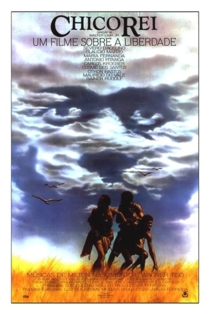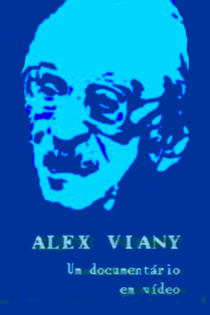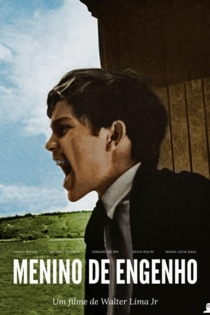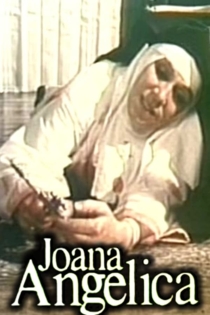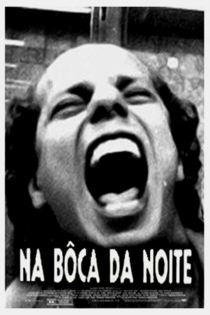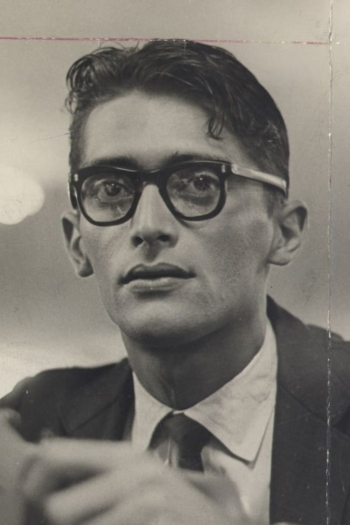
Walter Lima Jr.
1938 (87 лет)Depois do Transe
Paloma Rocha, Joel Pizzini
Glauber Rocha, Paulo Autran
The documentary "Depois do Transe" covers the entire process of creating the masterpiece "Entranced Earth", which was released and awarded at the Cannes Film Festival in 1967. "Entranced Earth" charmed the world and won great admirers such as filmmaker Martim Scorsese and the writer Marguerite Duras, who at the time considered a "fabulous filmic opera."
Depois do Transe
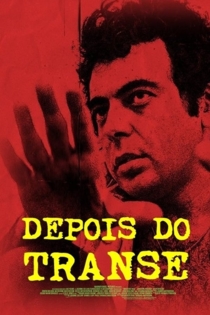
Candango: Memórias do Festival
Lino Meireles
Carlos Diegues, Milton Gonçalves
In 1965, a year after the military coup in Brazil, an oasis of freedom opened in the country's capital. The Brasília Film Festival: a landmark of cultural and political resistance. Its story is that of Brazilian cinema itself.
Candango: Memoirs from a Festival
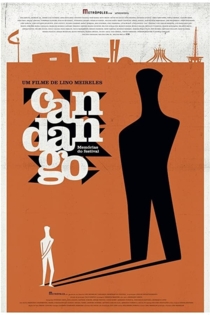
Janela da Alma
Walter Carvalho, João Jardim
José Saramago, Marieta Severo
Nineteen people with differing degrees of visual impairment – from mild nearsightedness to total blindness – discuss how they see themselves, how they see others and how they perceive the world. Unusual images, of burning trees or empty deserts, link the interviews, which vary from deep to funny to poetic.
Janela da Alma
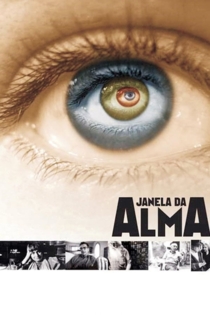
Cine Paissandu: Histórias de uma Geração
Christian Jafas
Domingos de Oliveira, Walter Lima Jr.
Documentary about the cinema that formed the Paissandu Generation, in the 60s, and the cultural and social impact of that period for the country's history.
Cine Paissandu: Histórias de uma Geração
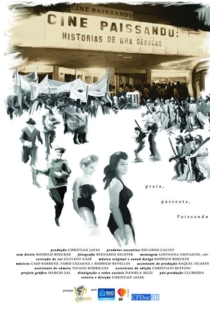
Improvisiert und zielbewusst: Cinema Novo
Joaquim Pedro de Andrade
Glauber Rocha, Arnaldo Jabor
Originally produced for German TV, Improvised and Purposeful is a firsthand look at the "Cinema Novo" movement (otherwise known as the 'Brazilian New Wave'). Director Joaquim Pedro de Andrade focuses on six Cinema Novo filmmakers working in Rio in 1967.
Improvised and Purposeful: Cinema Novo
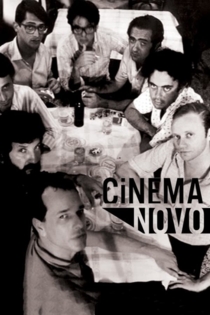
O Engenho de Zé Lins
Vladimir Carvalho
José Lins do Rego, Vladimir Carvalho
Documentary on the life and work of José Lins do Rego (1901-1957), one of Brazil's greatest 20th century literary authors, writer of celebrated novels "Menino de Engenho", "Fogo Morto", "Moleque Ricardo", "Riacho Doce" and many more.
The Spirit of Zé Lins
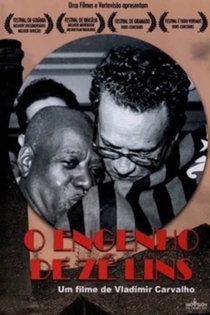
A Lira do Delirio
Walter Lima Jr.
Anecy Rocha, Cláudio Marzo
During the Carnival, in Niterói, the son of a Lira do Delírio nightclub dancer is kidnapped. With the help of a journalist friend, she dives into Rio de Janeiro's underworld and meet all kind of criminals. She also goes back in time, to a past carnival, where she thinks she might pin-point the culprit among a group of people.
The Lyre of Delight
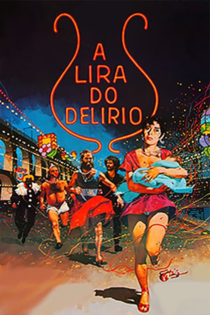
Cinema Novo
Eryk Rocha
Nelson Pereira dos Santos, Glauber Rocha
A deep investigation, in the way of a poetic essay, on one of the main Latin American movements in cinema, analyzed via the thoughts of its main authors, who invented, in the early 1960s, a new way of making movies in Brazil, with a political attitude, always near to people's problems, that combined art and revolution.
Cinema Novo
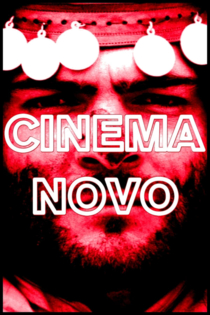
A Ostra e o Vento
Walter Lima Jr.
Leandra Leal, Lima Duarte
A young girl named Marcela lives with her dad, Jose, a lighthouse keeper, and old Daniel on an island. The only contact the girl has with the world outside her home is by a boat with four sailors that pays a visit to the island in order to take them supplies. Daniel, who not only protects her from her dad's strictness but also teaches her how to be literate, is her source of tenderness. Her dad thinks she should be away from the world - though she wishes she could spend a few days in town. Then one day, as she has her first period and becomes a woman, she starts feeling sexuality through the blowing wind, which she talks to.
The Oyster and the Wind
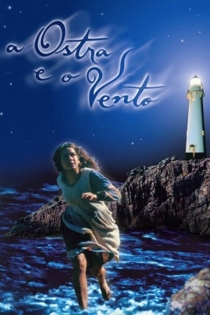
Pitanga
Camila Pitanga, Beto Brant
Antônio Pitanga, Camila Pitanga
This documentary investigates the aesthetic, political and existential trajectory of emblematic Black Brazilian actor Antônio Pitanga. He career spans over five decades, and he has worked with iconic Brazilian filmmakers Glauber Rocha, Cacá Diegues and Walter Lima Jr. He was a prominent figurehead and outspoken activist during the Brazilian dictatorship, a period of unrest in Brazilian cinema. Pitanga deep dives into the world of Antônio and the history of Brazil. The documentary was directed by his daughter Camila Pitanga, one of widely recognised faces in Brazilian television and cinema right now. The film is also a poem, and a tender ode to fatherhood.
Pitanga
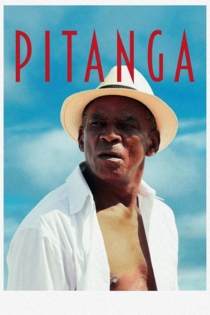
Inocência
Walter Lima Jr.
Fernanda Torres, Edson Celulari
In the 19th century, a country girl is seduced by a young doctor who's staying at her house for a few days, caring for her, and tries to hide the forbidden romance from her father, who disapproves of the relationship.
Innocence
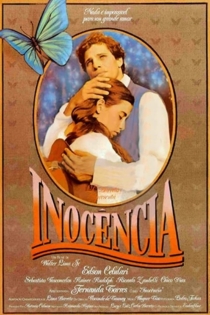
Chico Rei
Walter Lima Jr.
Antônio Pitanga, Severino d'Acelino
Galanga, king of Congo brought to Brazil as a slave, finds gold in Vila Rica, in the State of Minas Gerais, and buys his enfranchisement, the properties of his former owner, and his companions' freedom, becoming Chico Rei, the first black man to own lands in Brazil.
Chico Rei
